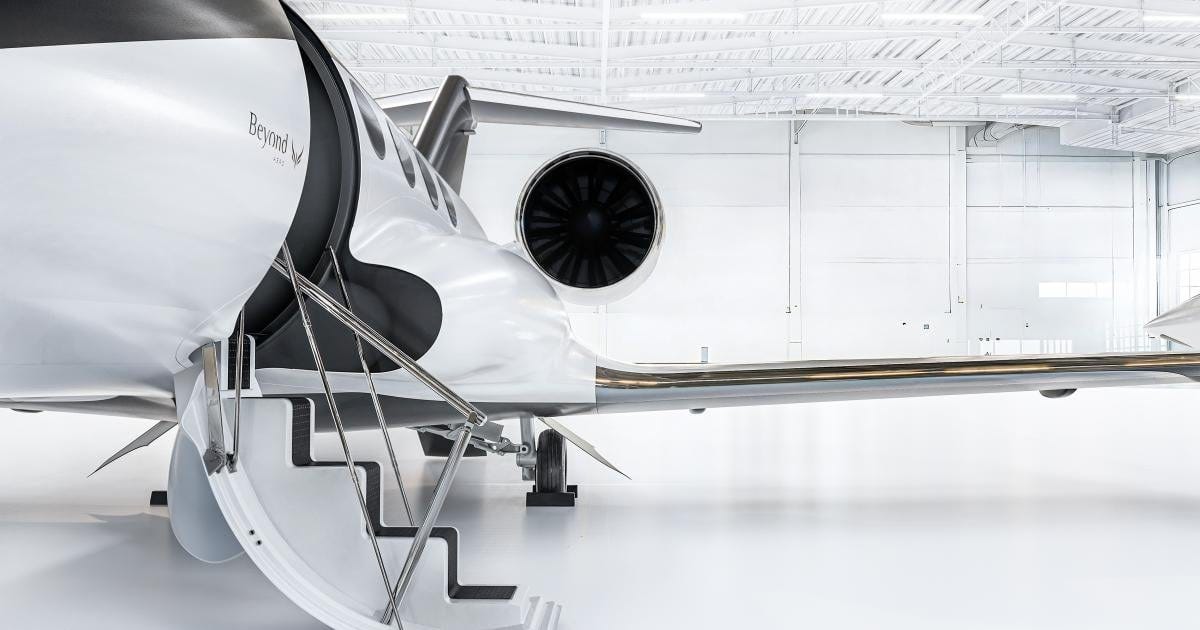#Sustainability20: Catagen launches SAF production company and signs offtakes with Ryanair and Shell & more
Weekly roundup - 03/10/25
Each Friday, we publish a round-up of the 20 most important stories on sustainable aviation. You can see previous editions of #Sustainability20 here.
Industry updates
The European Commission and EUROCONTROL have launched NEATS, a new tracking system for monitoring non-CO₂ aviation impacts, such as contrails, which operators are now using to input flight data.
The UK government has awarded over £4 million to British businesses developing future flight technologies, including drones and zero-emission aircraft, to boost the sector and create skilled jobs.
ICAO and IRENA have launched Finvest@ETAF, a global portal connecting clean aviation project developers with financiers to accelerate the production of sustainable aviation fuels.
IATA has urged governments to issue Letters of Authorization to release carbon credits, warning that a current shortage threatens the successful implementation of the CORSIA offsetting scheme.
CLIMATE WATCH: Wildfires are getting deadlier and costing more. Experts warn they’re becoming unstoppable - The Guardian
New research has shown that the number of societally disastrous wildfires has unambiguously increased over the past decade, a trend driven by climate change.
Infrastructure and operational efficiencies
Synhelion and Zurich Airport have successfully operated a passenger bus on solar diesel, proving the fuel’s compatibility with existing infrastructure and its readiness for broader use.
Schiphol Group has signed a framework agreement with ITW GSE for up to €40 million worth of electric pre-conditioned air units to reduce the airport’s fossil fuel use and emissions.
Sustainable Aviation Fuel (SAF)
Catagen has launched a new subsidiary, ClimaHtech Green Flight, which will use modular reactors powered by renewable energy to produce SAF for partners including Shell and Ryanair.
OXCCU has raised £20.75 million in Series B funding to accelerate the commercialisation of its single-step process for converting waste carbon into SAF.
Malaysia has announced that its first biomass-based SAF plant is scheduled to begin operations in 2027 as part of its strategy to cut tourism emissions.
AIRCO has opened a commercial-scale plant in Brooklyn that transforms captured CO₂ and hydrogen into synthetic jet fuel, validating its technology for major airline partners.
Finnair has launched new dynamic ancillary bundles for passengers and expanded its SAF programme for corporate clients to meet growing regulatory demands.
LanzaJet has been awarded over £10 million from the UK’s Advanced Fuels Fund to advance Project Speedbird, a major SAF biorefinery being developed for British Airways.
A government-backed £1.5 million study will explore the feasibility of producing Power-to-Liquid SAF at or near Leeds Bradford Airport.
New technology: Electric and Hydrogen
Beyond Aero has achieved a key technology milestone with its full-scale hydrogen-electric propulsion system, progressing towards its goal of certifying a business jet by 2030.
A new six-month project has been launched to evaluate the commercial viability of an electric air-taxi service connecting Oxford and Cambridge.
The UK Civil Aviation Authority has published a regulatory framework that will enable commercial electric aircraft operations in UK airspace by 2028.
Norway has completed a test cargo delivery using an all-electric Alia aircraft, advancing its plan to electrify short-haul flights by 2040.
Conflux Technology is collaborating with Airbus on its ZEROe project, supplying 3D-printed heat exchangers for the hydrogen fuel cell power system.
Osaka authorities have selected a joint venture between Japan Airlines and Sumitomo to establish air taxi operations using Archer Aviation’s Midnight eVTOL aircraft.
A solar-electric aircraft has unofficially broken the altitude record for its type, reaching an altitude of over 31,000 feet during a flight in Switzerland.








